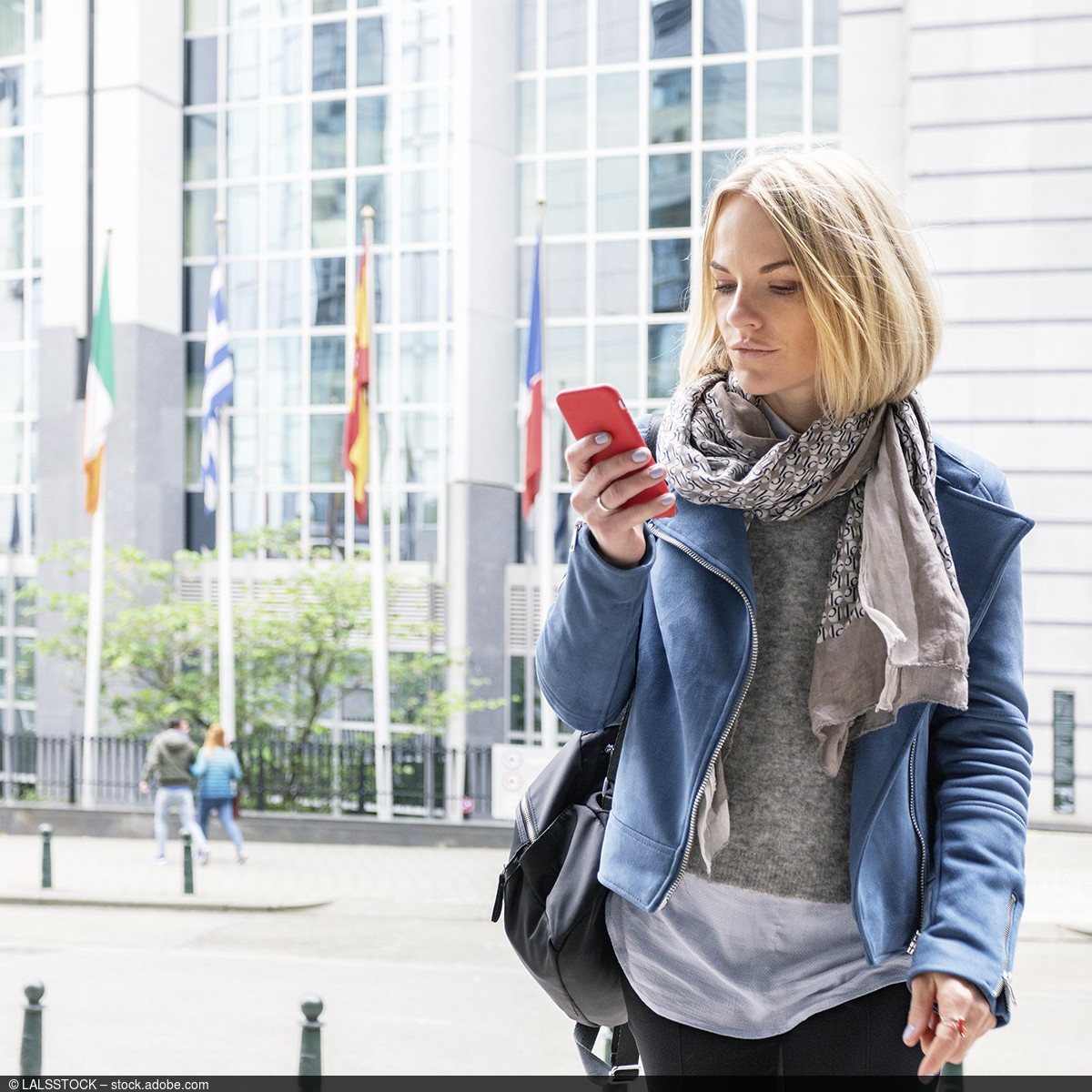Journalism in Social Media: Too Little Pay for Good Content
ResearchZEW Study Models System for the Reimbursement of News Publishers
Social media and traditional news websites are in strong competition with each other: on the one hand, journalistic content enhances social networks and reaches a broad audience there; on the other hand, online journalism loses advertising revenue when potential readers do not visit news websites. This can become an existential problem for publishers. Generally, regulated and higher compensation is desirable: ideally, the amount of compensation would be based on the quality of the content provided. These are the findings of a study conducted by ZEW Mannheim together with the Budapest University of Technology and Economics.
“If social media companies paid the traditional news providers better, the benefits would be two-fold: Firstly, such payments increase the incentive for higher-quality news. If journalistic content increases the quality of social media feeds, more people will use social media. Secondly, this increases competition in the digital advertising market on both social media and news websites, which in turn benefits online journalism. In our study, we show that social media and news providers can benefit from each other,” explains Luca Sandrini, PhD, co-author of the study from the ZEW Research Unit “Digital Economy”.
Voluntary compensation is a bad deal for news providers
Social media companies are well aware that they benefit from the output of news websites. Some social networks were even voluntarily compensating news providers before the first state regulations came into effect. For example, Facebook’s parent company, Meta, runs the “Meta Journalism Project”, while the world’s leading search engine offers the “Google News Showcase” programmes.
“If there were no compensation at all, news providers would not invest in their engagement on social media, as it would simply not be profitable for them. However, our study shows that voluntary payments are also insufficient. With that alone, news providers cannot invest enough in the further development of the information supply. For them, it’s a bad deal,” explains Sandrini.
More money for higher quality
The study shows that there is a certain threshold: If the news publishers’ demands are too high, the social media might consider banning journalistic content from their feed completely, so that no compensation occursat all. Below this threshold, however, there is room for negotiation. The authors of the study therefore propose mandatory negotiations between social media and news providers.
“The ideal system would link the payment amount to the quality of the additional news produced – the higher the quality, the higher the payment,” says Robert Somogyi, PhD, co-author of the study from the Budapest University of Technology and Economics.
In this system, quality must be an objective, measurable indicator. For instance, it might be measured by the number of full-time employees hired by a news website, as readers may associate a larger newsroom with positive characteristics, such as trustworthiness and informational value. That is, users may rate the quality of such an organisation as higher, believing that they are capable of better and deeper coverage of local news as well as of international events.
“This insight is relevant for political attempts to defuse the competitive pressure between platforms and journalism through legislation and should also apply to the EU market since the EU Directive on Copyright in the Digital Single Market of 2019,” says Somogyi.
Model for optimised payments
The ZEW study uses a game-theoretical model of a two-sided market to analyse the effects of political regulations that stipulate that social media pay news publishers. The researchers take the market environment into account, in which consumers users can consume news via social media and news websites and in which digital adverts are marketed.
Due to the significant relevance of journalism for society, protecting the profession from the overwhelming competitive pressures of large digital platforms has become an important goal for regulators. Various political approaches are being pursued around the world to protect journalism, including in Australia, Canada and Indonesia. Efforts are currently being made in the United Kingdom and New Zealand as well as in the USA at the federal and state levels. Following the introduction of the EU copyright directive in 2019, Google has started signing licensing agreements with news publishers in Germany and other European countries.



